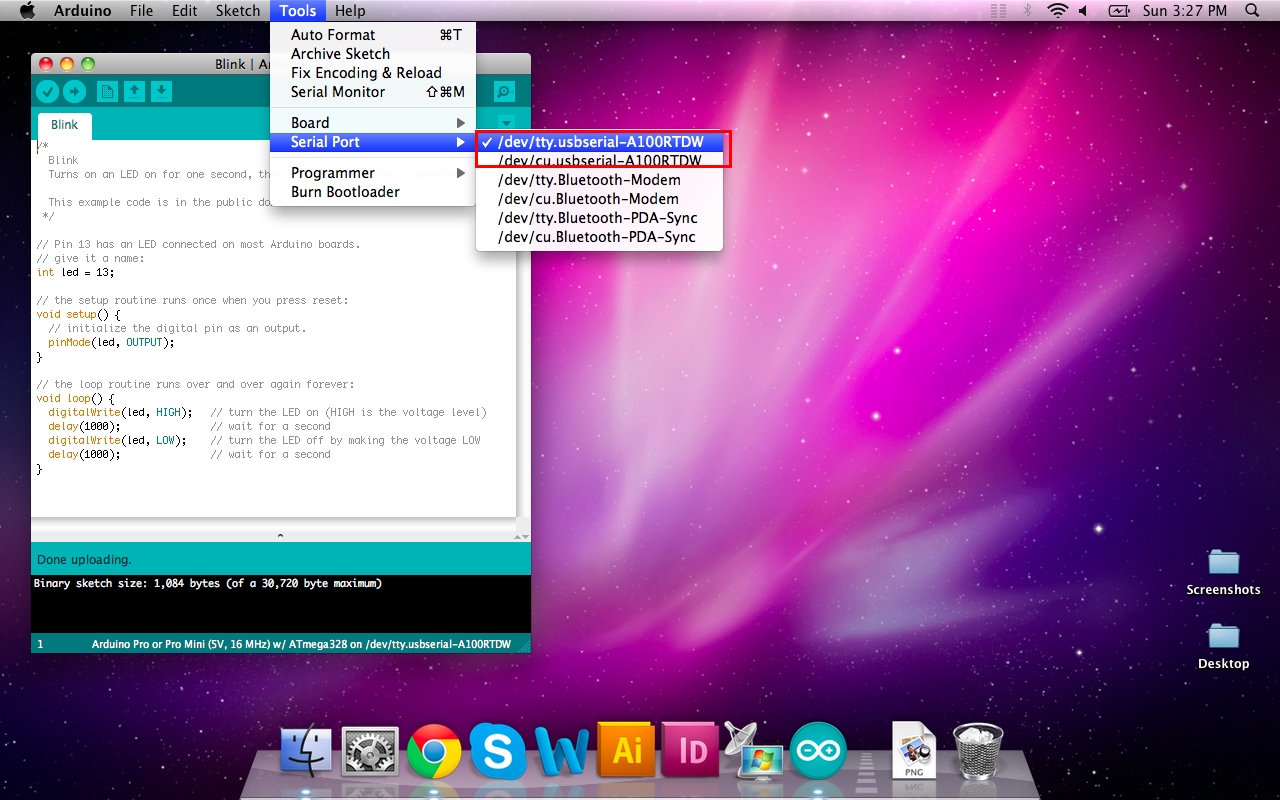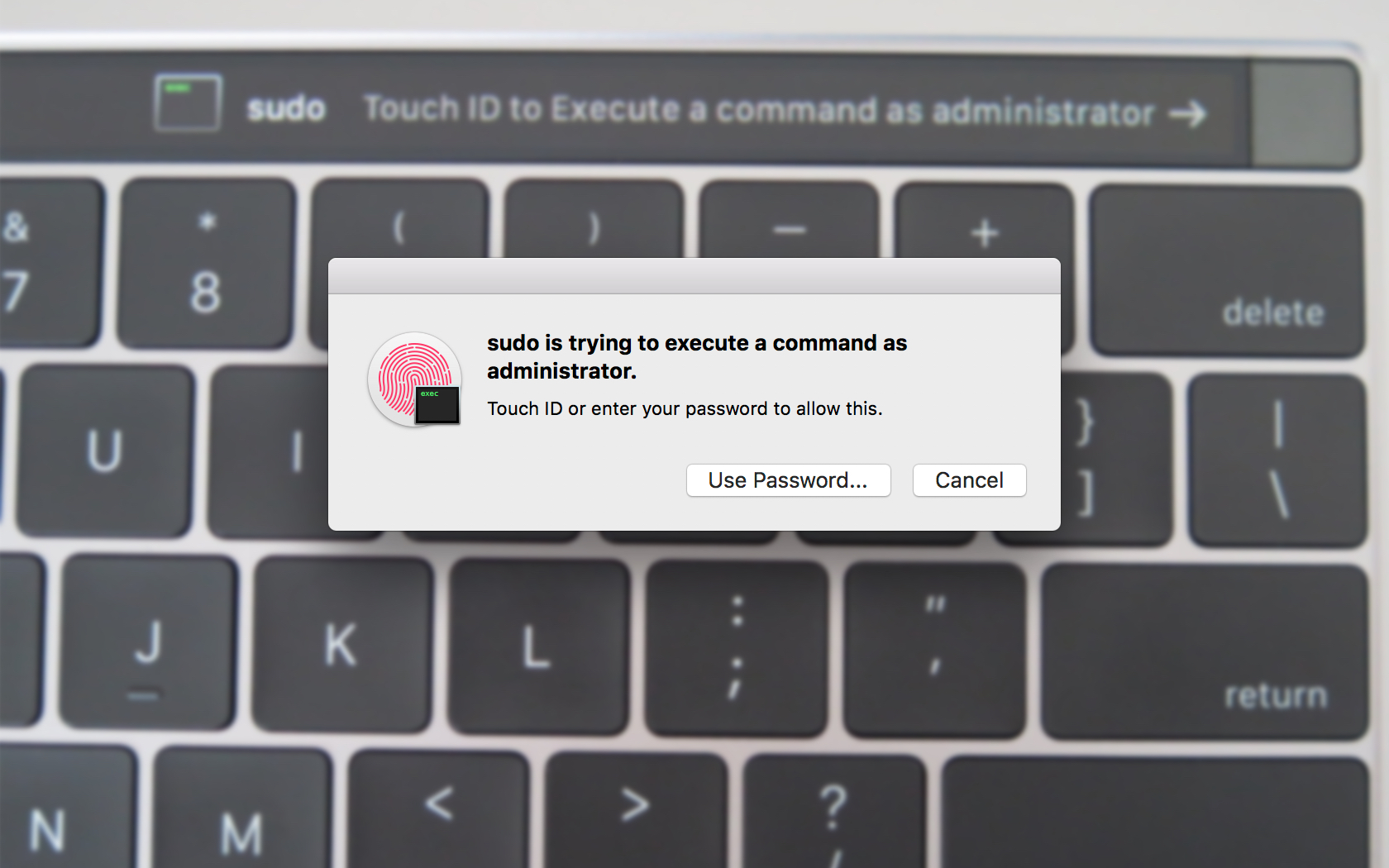
Terminal User Guide
You must be an administrator or root user, also called superuser, to execute many of the commands used to manage a server.
For example, if you’re not an administrator or a root user, entering the shutdown command gives you an error:
- Sudo -s is far easier than enabling the root user since it just starts up a shell with root permissions as a one step, on demand action. Not only is it fast, but it doesn't need to be reconfigured when you don't need the root user and doesn't expose the server to any more.
- Click on your terminal. Press command + Q (command is the key left of your space bar) Open your terminal once again and do not run anything on else but the command suggested: sudo port -v selfupdate. If you get the same thing, you are still or again in.
- To that end we provide the command-line driven MacPorts software package under a BSD License, and through it easy access to thousands of ports that greatly simplify the task of compiling and installing open-source software on your Mac. Download – Link 4. Open Terminal and Update Mac Ports sudo port -v selfupdate 5. Install AirCrack-ng.
This is because the shutdown command can be run only by the root user or by an administrator user with root user privileges.

To run commands with superuser privileges, use the sudo command. sudo stands for superuser do.
The Windows Terminal is a modern, fast, efficient, powerful, and productive terminal application for users of command-line tools and shells like Command Prompt, PowerShell, and WSL. Its main features include multiple tabs, panes, Unicode and UTF-8 character support, a GPU accelerated text rendering engine, and custom themes, styles,.
The following example works on computers with macOS installed, so don’t run it unless you want to restart your computer:
% sudo shutdownYou’re asked for the password of the current user.
Only administrator users can use sudo. If you’re not logged in as an administrator, you can do so by entering the following command, where adminUsername is the name of an administrator user:
You’re asked to enter the password for adminUsername, after which a new shell is opened for that user.
If a command requires it, you can use su to switch to the root user. Under normal circumstances, you shouldn’t log in as the root user.
Mac Sudo Commands
Important: If you use su to log in as the root user, be especially careful, because you have sufficient privileges to make changes that can cause your computer to stop working.
Comments are closed.